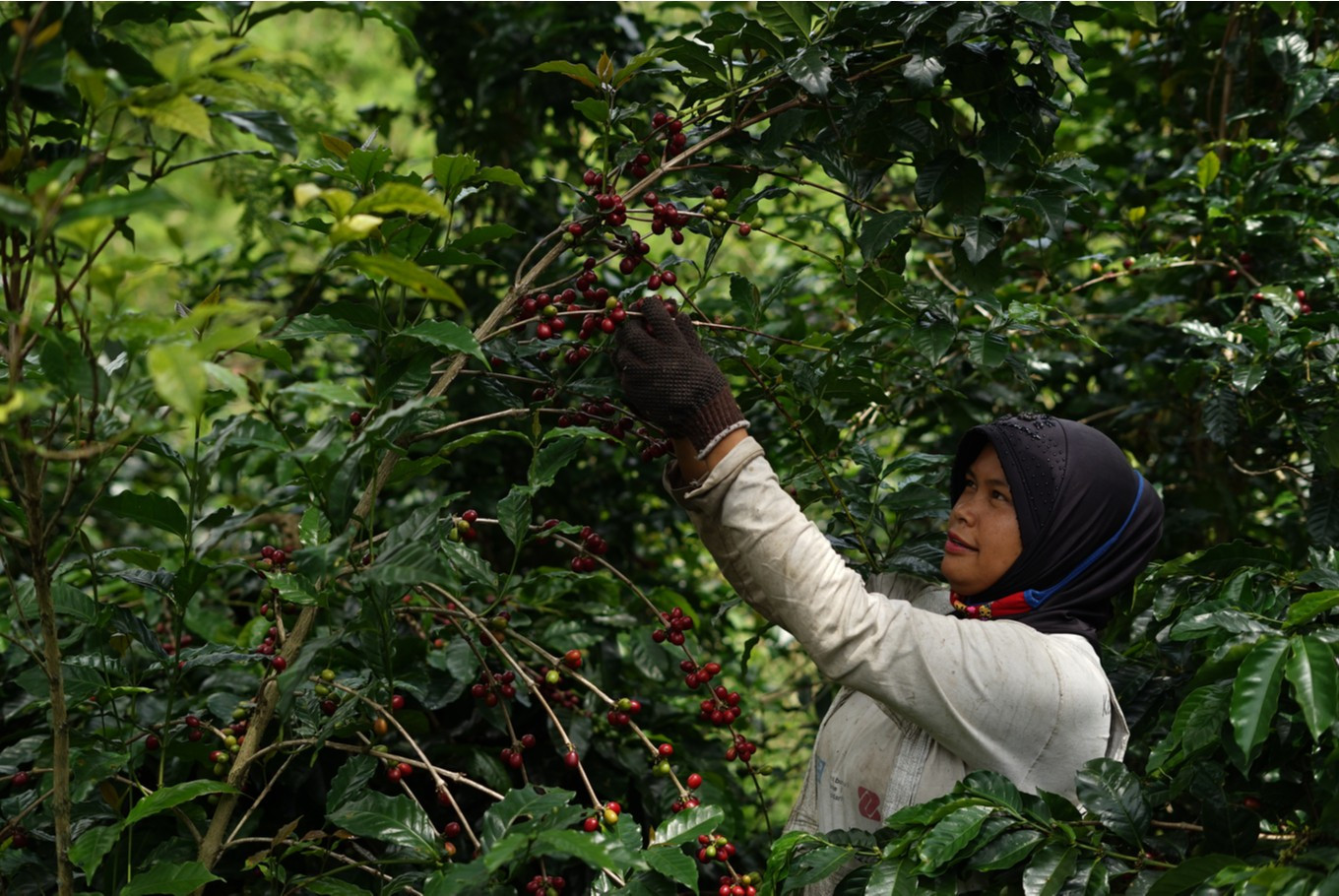Popular Reads
Top Results
Can't find what you're looking for?
View all search resultsPopular Reads
Top Results
Can't find what you're looking for?
View all search results'Filosofi Kopi: Aroma Gayo' explores coffee, philosophy in Aceh
A short documentary explores the orginins of Gayo coffee and what makes it special to the Gayo people of Aceh as well as to coffee drinkers around the world.
Change text size
Gift Premium Articles
to Anyone
A
round 80 percent of Starbucks’ coffee is purchased from the Gayo, an Acehnese tribe that’s been farming coffee way before the Dutch colonization. What is it about the land of the Gayo? How do they produce such world-class coffee beans?
A short documentary narrated by actor Rio Dewanto titled Filosofi Kopi: Aroma Gayo (Coffee Philosophy: The Aroma of Gayo) attempts to examine these simple yet mysterious questions. Produced by Visinema under the franchise of Filosofi Kopi, the documentary is part of bioskoponline.com’s video-on-demand offering to stream legally for a reasonable price to support the Indonesian film industry during the pandemic.
The film follows Rio as he tries to unravel what makes Gayo coffee inviting for people across the globe. It focuses on the land of the Gayo, its people and their interaction with coffee. The narrative is so structured that seems scripted. Having said that, a scripted documentary is also a legitimate method. The filmmaker could focus on taking more relevant and beautiful shots, quotable dialogue and, most importantly, create a powerful message.
The documentary looks at four elements of the Gayo coffee philosophy: social justice, gender fairness, conservation and humanism, which also determines the structure of Rio Dewanto’s journey. His first encounter with a coffee farmer and fisherman reveals that most coffee farmers of the area are far from prosperous, as most don’t possess enough knowledge to process the coffee. This might explain why most of them have two jobs. And when Rio praises his coffee, the man responds that it is nothing unusual. This not only shows how little appreciation the farmers have for their own product but also suggests that they fail to take full advantage of their coffee's value.
As Rio explores other coffee plantations, he finds that there are small and medium enterprises led and run by women. This section explores the Gayo coffee’s second philosophy: gender fairness. Unlike his previous adventure, this second encounter gives him refreshing knowledge. Women’s involvement in a land run by sharia law could still demonstrate quality leadership.
His third and fourth encounters prove that the more people appreciate Gayo as an aspect of their lives, the more their coffee businesses prosper. With conservation as its third philosophy, Rio witnesses a family business that has lasted for three generations and has expanded into the processing of coffee beans. Lastly, to prove that Gayo coffee has a humanist element, Rio meets people who have become inspired to experiment and reinvent Gayo into something new every day: scientists and artists. The documentary ends with Rio’s ultimate message: Gayo has a bright future. He is optimistic, as the four philosophies of Gayo are still held dearly and respected.
Filosofi Kopi: Aroma Gayo is beautifully shot and written and enjoyable for all, whether or not you're a coffee connoisseur. Yet, as a documentary with interview expositions, the filmmaker could have examined more aspects to provide more crucial information. The four philosophies are discussed, but there is no elaboration on how these outlooks could bring out the best of Gayo coffee. The closest is probably when Rio meets the farmer-fisherman who says that social injustice would happen if one of the philosophies was not respected. But over the course of the documentary, there is no proof or suggestion of a successful business that adheres to the philosophies.
The most blatant shortcoming is how it fails to explore how Gayo coffee could support gender fairness. Though Rio meets female farmers and conducts interviews about their culture, the film does not show any female baristas, artists or scientists that could make meaningful contributions to Gayo coffee. Could this be the root cause as to why Gayo coffee businesses and farms remain unequal across the land? The documentary should have done more to examine these questions. (wng)











